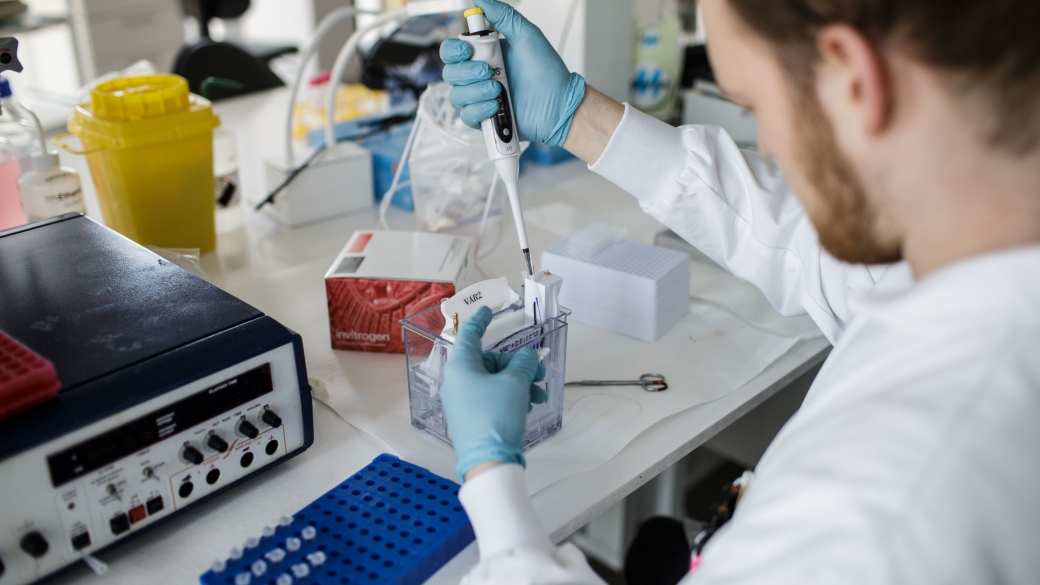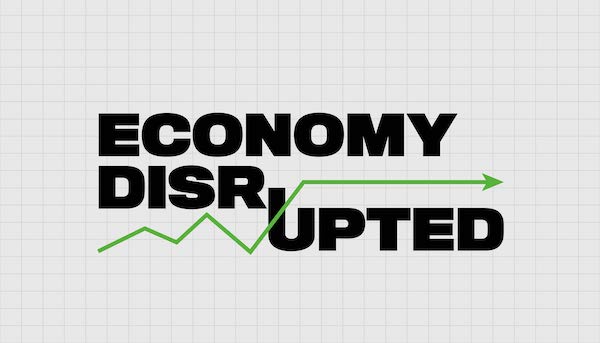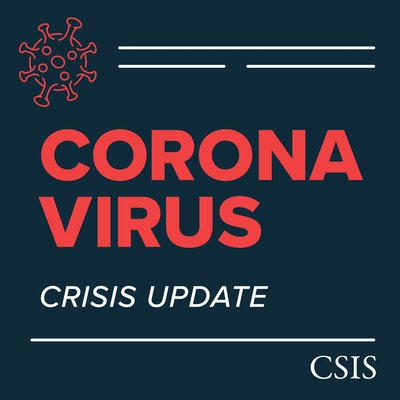Covid-19 and the Global Economy
The Covid-19 pandemic has caused an economic disruption that will be felt for years to come. Learn more about what challenges and opportunities lie ahead in this issue of CSISMag.

The Covid-19 pandemic has sent shockwaves around the world. The global economy is expected to shrink by historic levels, and countries face sagging growth and shifting supply chains. Amid this uncertainty, world leaders are scrambling to counter the disruption caused by the ongoing health and economic crisis. In countries where the virus continues to rage, workers remain vulnerable to both potentially risky working conditions and volatile job markets.
Policymakers need informed, independent analysis to drive effective policy. CSISMag brings together critical insights from the world’s leading think tank.
Lasting Disruption to the Labor Market
Job growth continued in July but has slowed considerably from earlier this summer. Deeper analysis reveals that some worrying trends have emerged in the labor market.

Breaking Down the G20 Covid-19 Fiscal Response: June 2020 Update
The CSIS Economic Program analyzes the components of G20 countries’ fiscal responses to the Covid-19 pandemic and related economic shock. Updated June 29, 2020.

Compulsory Licensing: A Cure for Distributing the Cure?
As pharmaceutical companies race to discover a vaccine for Covid-19 continues, how do they balance protecting their investment and intellectual property while still providing cheap and equitable access worldwide? The Scholl Chair explains the relevant WTO rules and issues.

China’s Digital Silk Road after the Coronavirus
China’s technology ambitions appeared imperiled by Covid-19, but the pandemic is already providing new opportunities for China’s rise as a technology power and global provider of digital infrastructure.

Podcast
Helene Gayle talks with Andrew Schwartz and Scott Miller about the Covid-19 pandemic and her organization’s response. They also discuss the Trust’s research on racial disparities in wealth, education, and health outcomes in Chicago.
In this episode, Steve Morrison and Andrew Schwartz are joined by Congressman Ami Bera (D-CA) to talk about his work on the CSIS Commission on Strengthening America’s Health Security and his impressions of Covid-19 as both a doctor and an elected representative.
In this episode, the Trade Guys and Andrew Schwartz talk about the impact Covid-19 is having on the U.S. economy. They also talk about supply chain resilience and reconstruction.
Covid-19 and Value Chains: Diminishing Returns from Trade Policy
Covid-19 has placed a spotlight on the vulnerabilities of production networks. CSIS’s Scott Miller outlines how governments and companies will approach global supply chains once the pandemic has passed.

The New International Economy
Former treasury secretary Lawrence H. Summers explores the disruptive forces shaping the global economy.

Video
How will economic issues playout at China’s upcoming National People’s Congress? Scott Kennedy, CSIS Trustee Chair in Chinese Business and Economics, explains China’s efforts to economically recover from the outbreak of the novel coronavirus.
CSIS’s Matthew Goodman and Stephanie Segal examine the Covid-19 pandemic’s economic impact. For a crisis that is practically begging for international cooperation, there are bright spots, including recent G20 actions to provide debt relief to low-income countries, and continued tensions to watch.
How Covid-19 Changed the Global Economy
The IMF’s Gita Gopinath discusses the future of the global economy after the Covid-19 pandemic.

Pandemic Pandemonium: How the Virus Could Change the Trading System
New trade policies are being implemented without the United States at the table, which undercuts U.S. leadership and threatens U.S. interests around the world.

-6.8% China’s GDP in the first quarter of 2020 dropped 6.8 percent compared to the same point in 2019.
$140.7 billion CSIS estimates IFIs have approved $140.7 billion in Covid-19-related support since January 27.
20% Global goods trade is on track to decrease by 20 percent.


